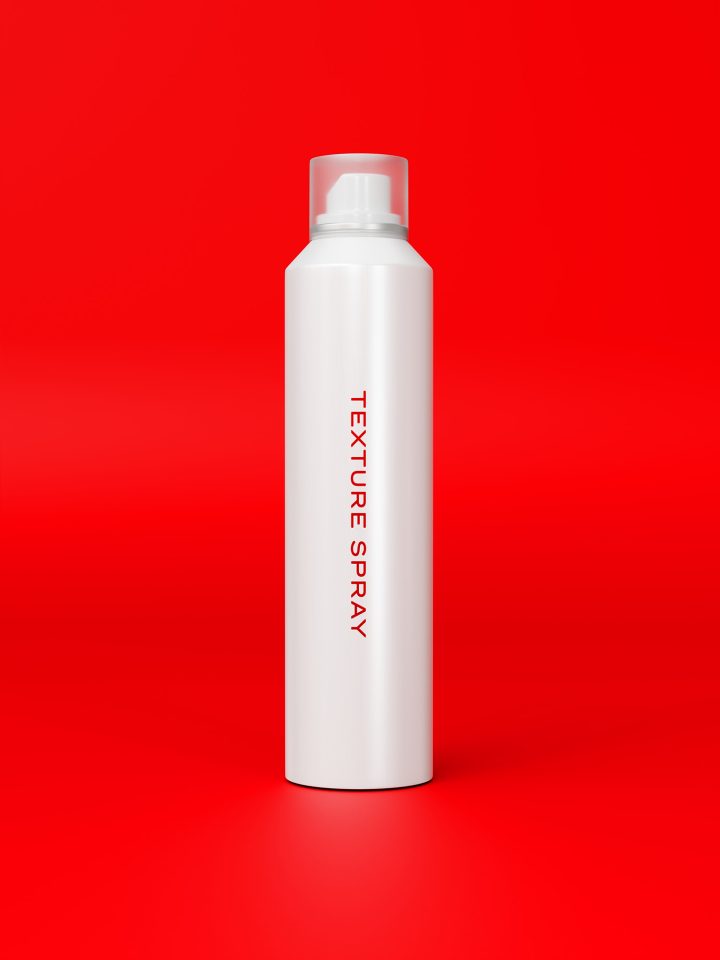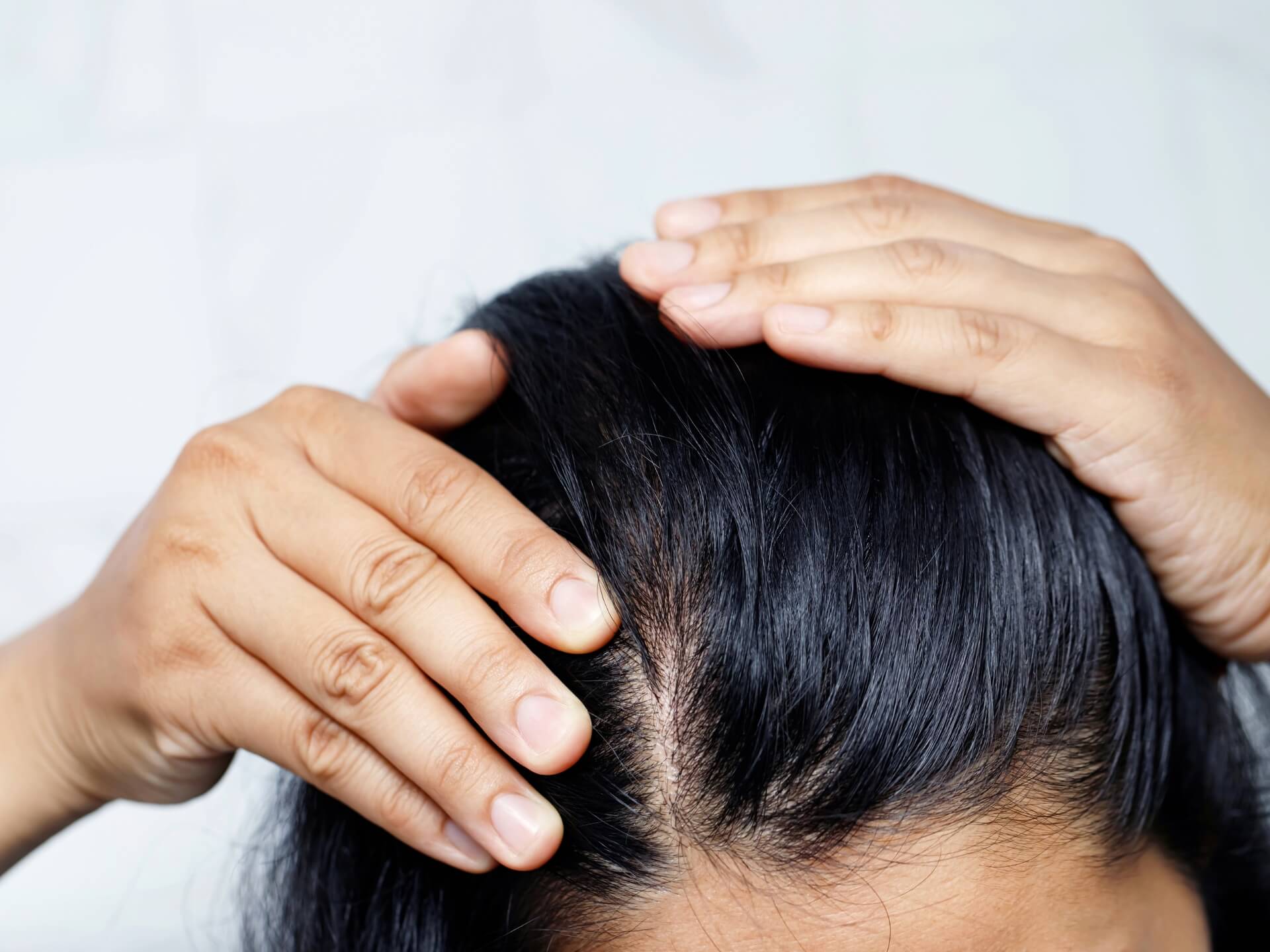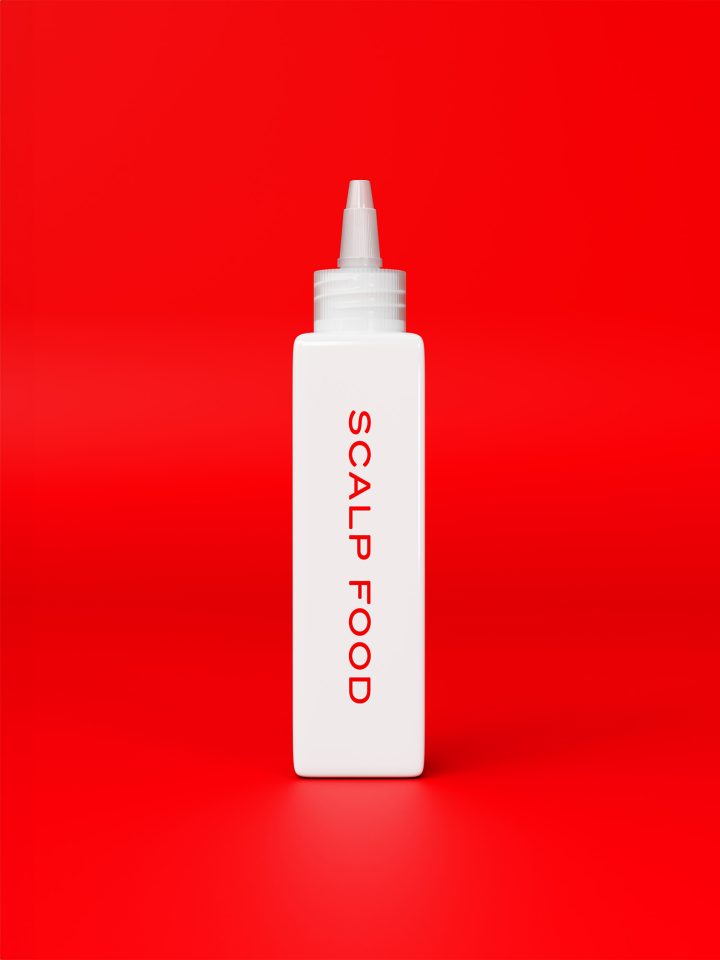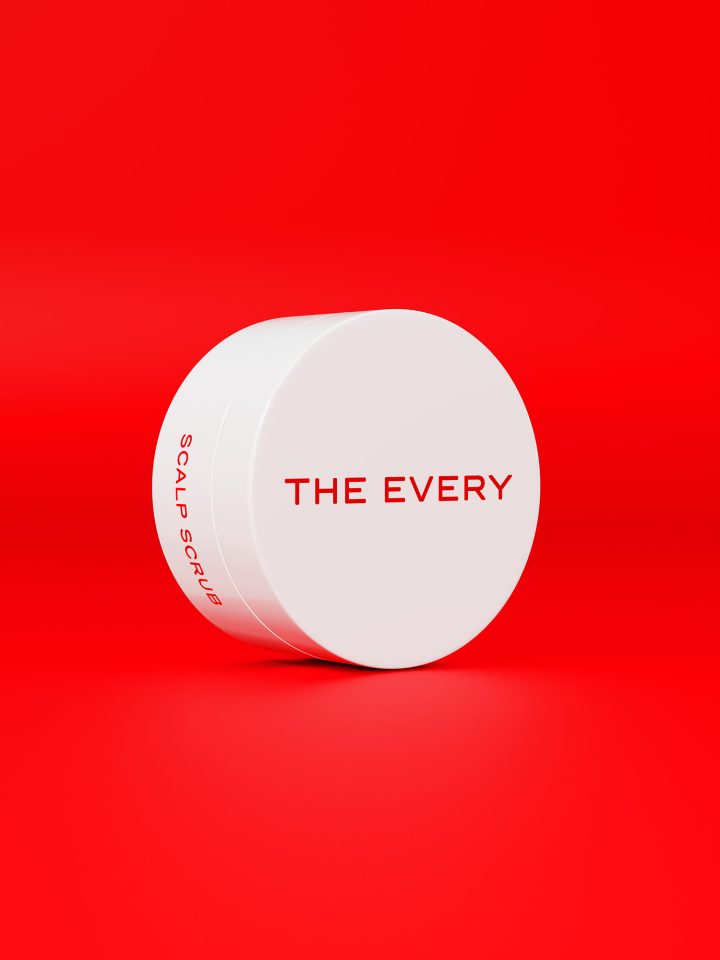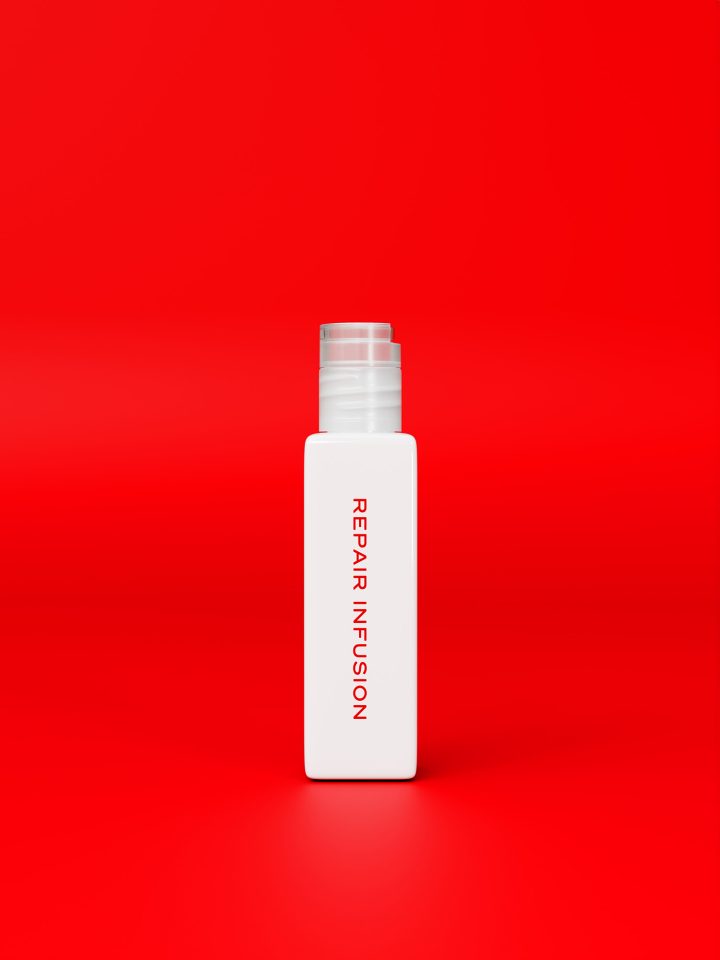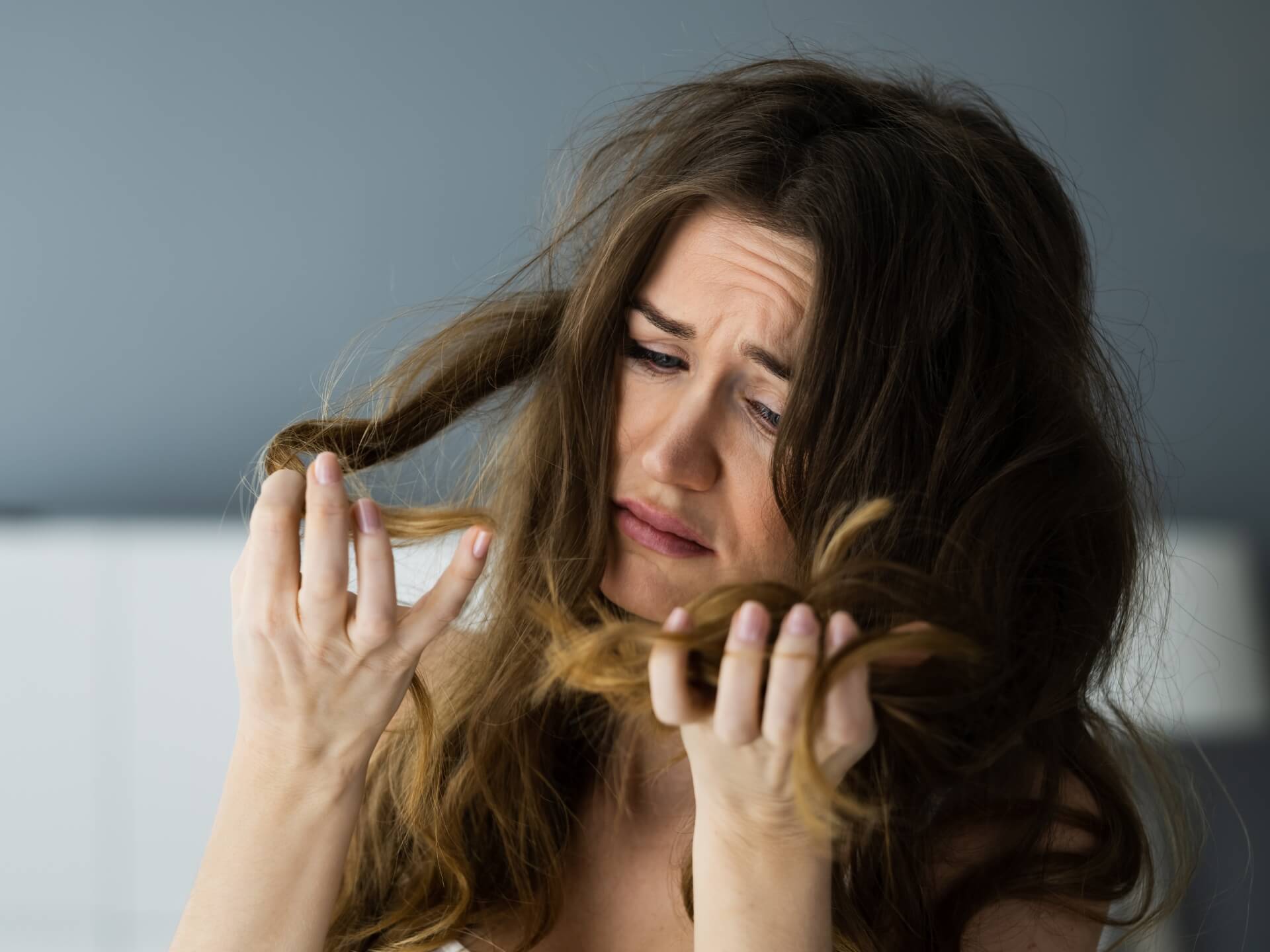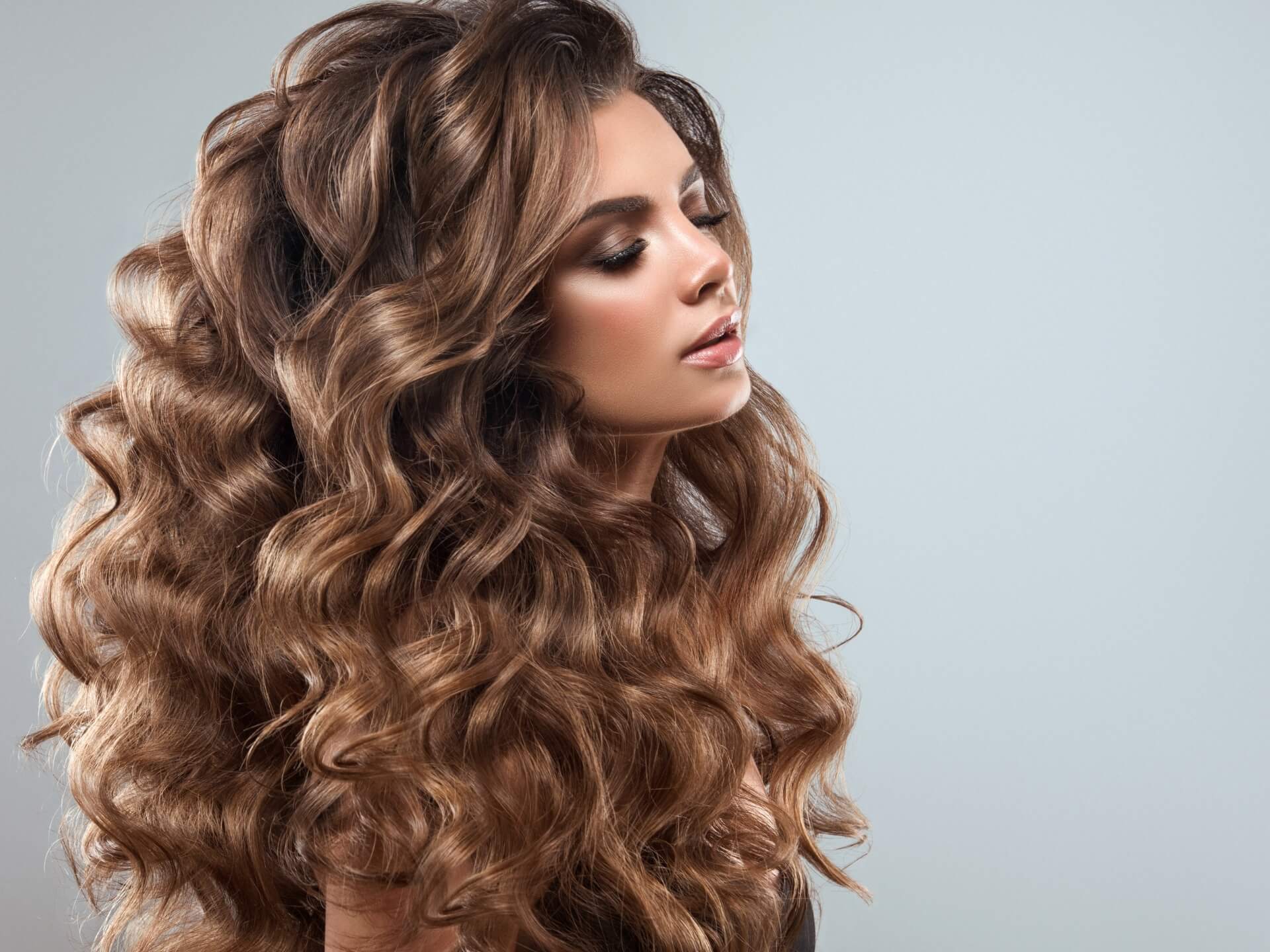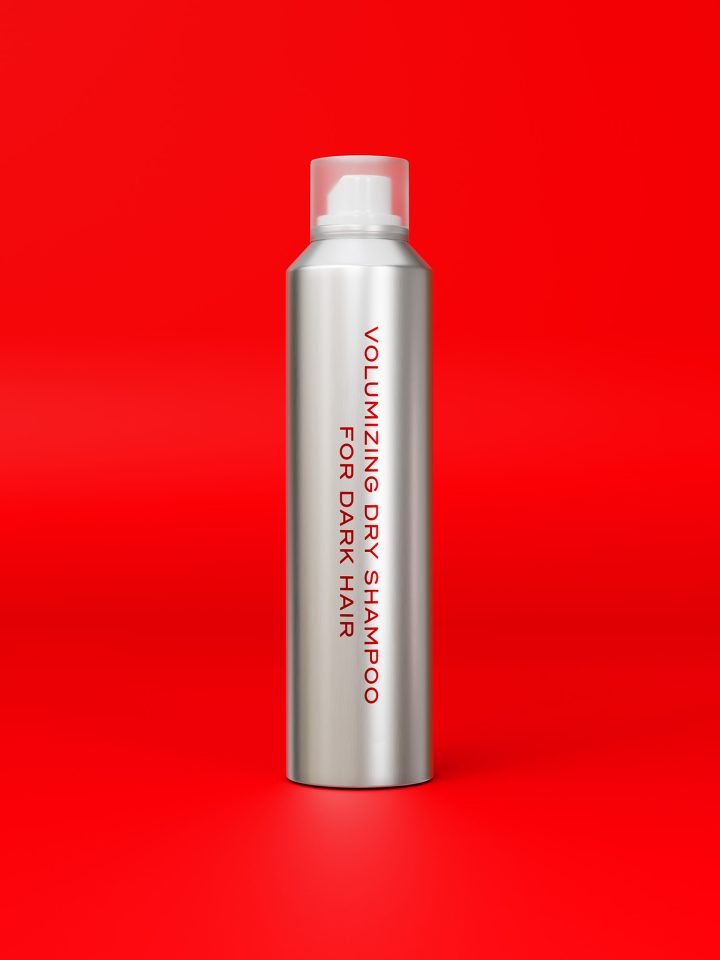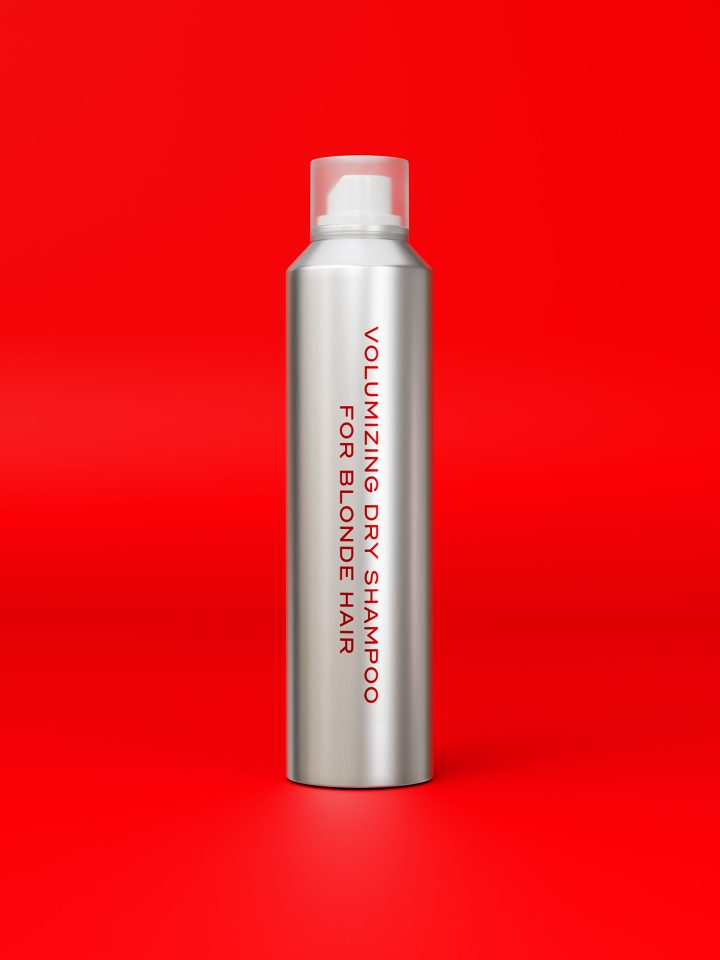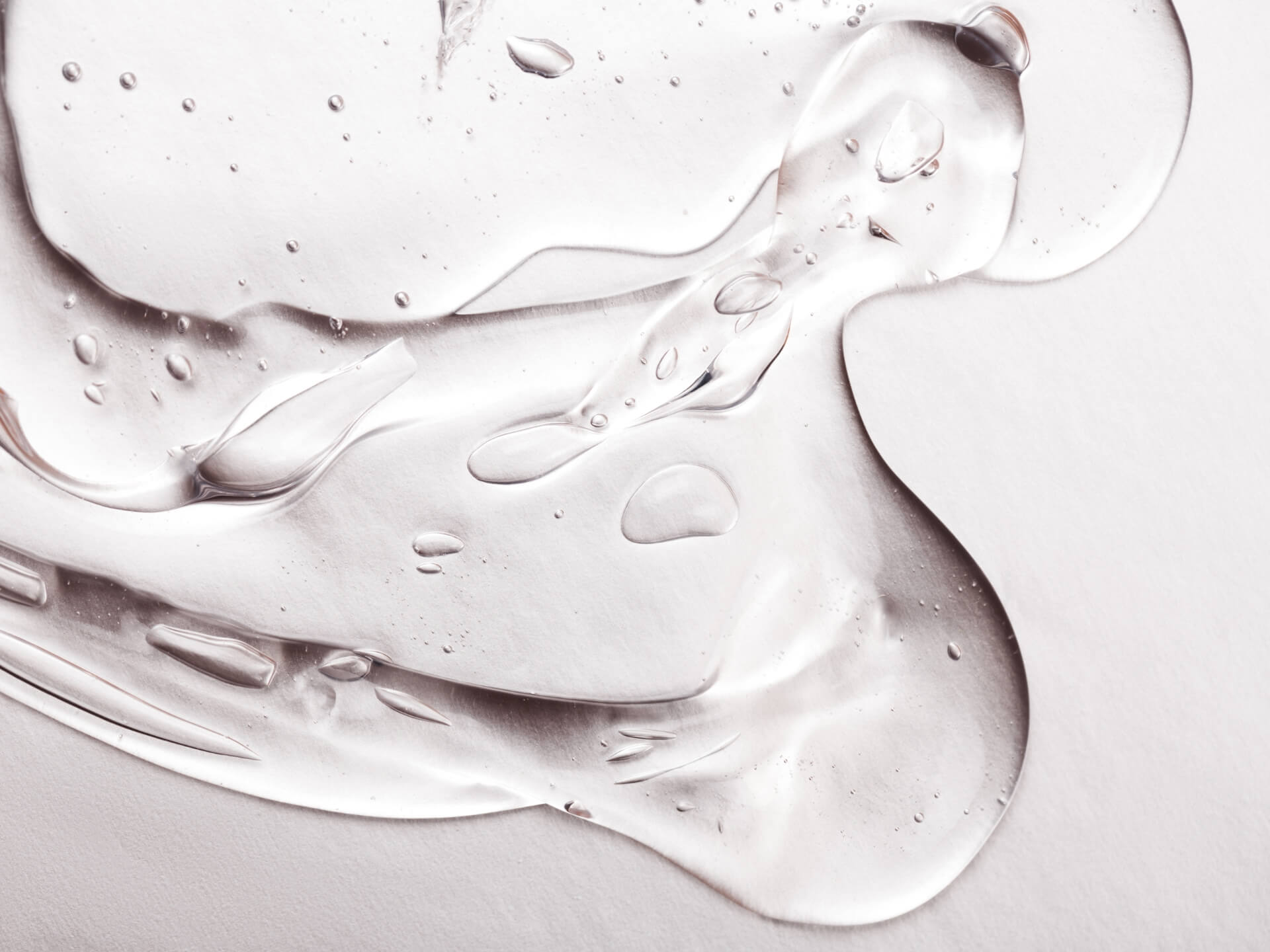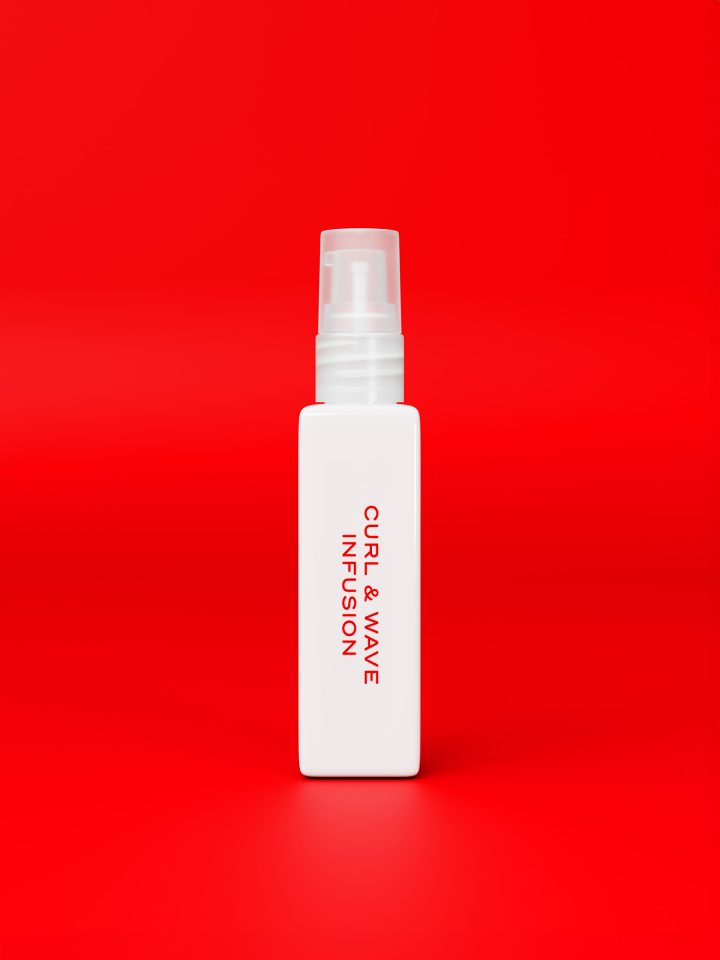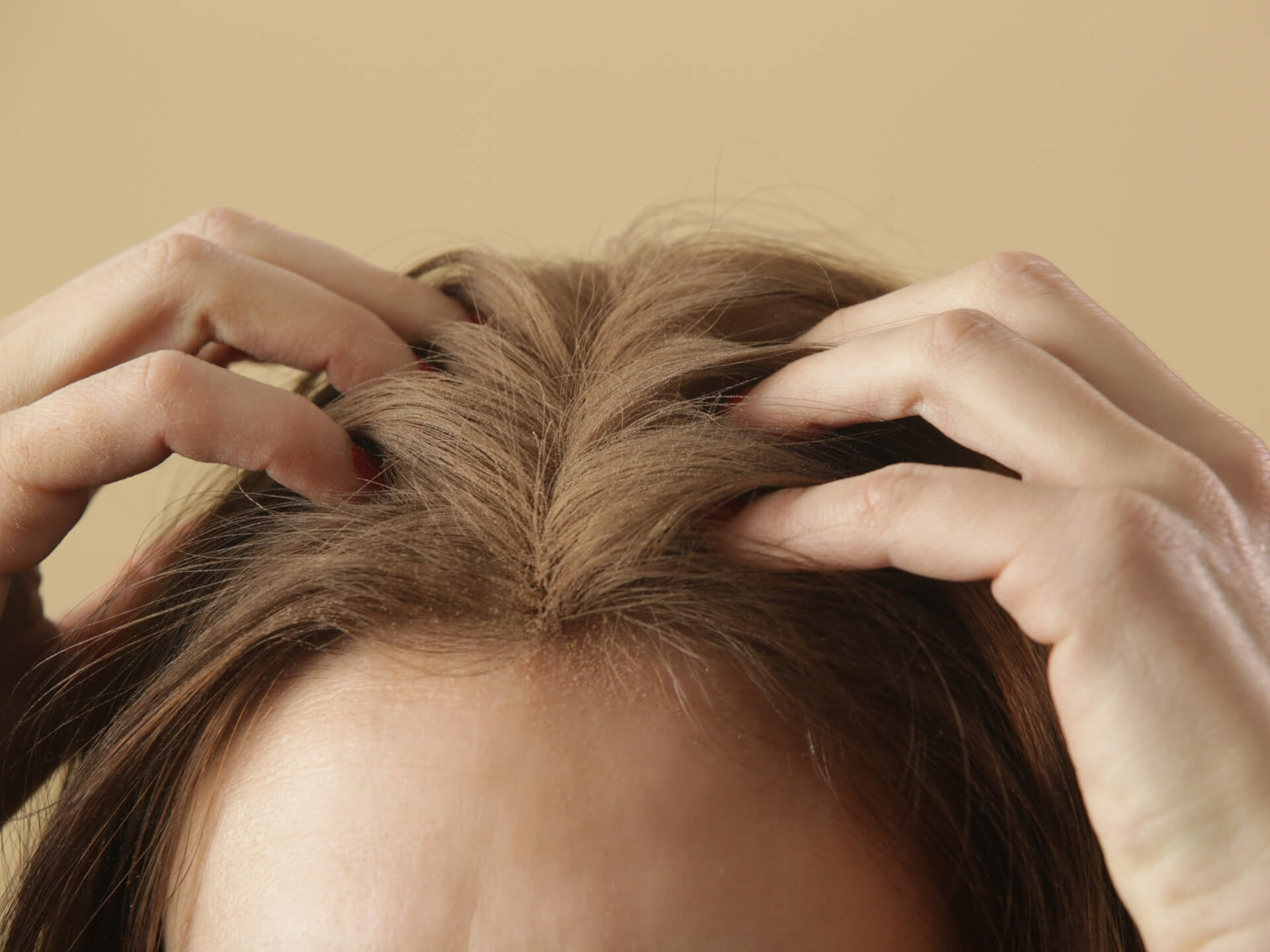Är du trött på att vakna upp till ett fågelbo på huvudet? Torrt och frissigt hår kan kännas som en evig kamp, men det behöver inte vara så! Här ska vi dyka in i varför ditt hår känns torrt och frissigt, vad du kan göra åt det, och vilka produkter som verkligen fungerar för att få bukt med problemet.

Varför blir håret torrt och frissigt?
Känner du igen den där känslan när ditt hår är omöjligt att kontrollera, och oavsett vad du gör så verkar det alltid leva sitt eget liv? Well, det finns faktiskt vetenskap bakom varför ditt hår beter sig så här.
- Fuktbrist: Torrt hår betyder helt enkelt att det saknar fukt. När hårstråna inte har tillräckligt med fukt börjar de lyfta sina fjällskikt (som små fjäll på hårstrået), och detta gör att håret ser frissigt ut.
- Väder: Fuktig luft kan få fjällskikten att resa sig ännu mer, vilket leder till mer friss. Kyla kan också torka ut håret, vilket gör det ännu svårare att hantera.
- Felaktig hårvård: Om du använder produkter med sulfater eller tvättar håret för ofta, kan du råka tvätta bort de naturliga oljorna som ditt hår faktiskt behöver för att hålla sig friskt och återfuktat.
- Värmeverktyg: Om du älskar din plattång, men märker att ditt hår känns som hö efteråt, då vet du vad jag snackar om. Värme sliter på håret och torkar ut det.
Så här räddar du ditt torra och frissiga hår
Men misströsta inte! Här är några tips och tricks för att återuppliva ditt hår och säga adjö till friss.
1. Använd ett återfuktande schampo och balsam
Om du vill bekämpa torrhet och friss är ett bra första steg att använda produkter som är designade för att ge fukt. Prova vår Caring Schampo och Caring Balsam. Båda dessa produkter innehåller hyaluronsyra och avokadoolja, vilket hjälper till att återfukta och lugna både hår och hårbotten.
2. Tillsätt en närande hårmask i din rutin
En hårmask kan vara den magiska lösningen för att återställa fuktbalansen. Caring Hårmask är perfekt för en djupgående behandling och innehåller sheasmör, som hjälper till att ge intensiv fukt till torra hårstrån.
3. Undvik värmeverktyg – eller använd värmeskydd
Vi älskar att styla håret, men värme är en av de största bovarna när det kommer till torrt och frissigt hår. Om du ändå måste använda värmeverktyg, se till att skydda ditt hår med vår Nourishing Värmeskydd som både återfuktar och skyddar mot skador från värme.
4. Prova oljor för håret
Hårolja kan göra underverk för att tämja friss och ge håret den glans det förtjänar. Vår Renewal Hair Oil innehåller Arganolja, Havreolja och Nyponolja som ger ditt hår näring och minskar friss, utan att kännas fet eller tung.
5. Använd rätt stylingprodukter
Frissigt hår kräver rätt typ av styling. En texturspray kan hjälpa till att ge volym samtidigt som den håller håret på plats. Vår Textur Spray ger både volym och struktur, utan att tynga ner håret eller göra det krispigt.
En steg-för-steg-guide för att bekämpa torrt och frissigt hår
Här är en enkel guide du kan följa för att hålla ditt hår friskt, återfuktat och frissfritt:
- Tvätta med rätt produkter – Använd ett återfuktande schampo och balsam som är fritt från sulfater och silikoner. Detta hjälper till att bevara hårets naturliga oljor.
- Djupbehandla en gång i veckan – Applicera en närande hårmask eller olja minst en gång i veckan för att ge ditt hår extra fukt.
- Skydda ditt hår mot värme – Om du använder värmeverktyg, se till att du alltid applicerar ett värmeskydd innan. Detta hjälper till att minska skador och torrhet.
- Lufttorka när du kan – Låt håret lufttorka så ofta som möjligt istället för att använda hårtork. Om du måste använda hårtork, använd den på låg värme.
- Använd en leave-in conditioner eller serum – För att hålla håret återfuktat och frissfritt hela dagen, använd en leave-in produkt som återfuktar och skyddar mot yttre faktorer.
Vanliga misstag att undvika om du har torrt och frissigt hår
Ibland gör vi saker med våra hår utan att ens tänka på det – men vissa vanor kan göra ditt hår ännu torrare och frissigare. Här är några saker du bör undvika:
- Överanvändning av värmeverktyg – Som nämnt tidigare, värmeverktyg kan göra håret torrare och skörare. Ge ditt hår en paus ibland!
- Felaktiga produkter – Produkter som innehåller sulfater, parabener eller silikoner kan göra mer skada än nytta. Leta alltid efter milda och återfuktande produkter, som våra 100% veganska produkter.
- Tvätta håret för ofta – Det kan vara lockande att tvätta håret varje dag, men för mycket tvätt kan faktiskt torka ut håret. Försök att hålla dig till 2-3 gånger i veckan.
Vanliga frågor om torrt och frissigt hår
Q: Hur kan jag förhindra friss när jag har lockigt hår?
A: Använd återfuktande produkter som vår Curl & Wave Infusion för att ge fukt och definition till dina lockar.
Q: Vilken hårtyp är mest benägen för friss?
A: Lockigt och vågigt hår tenderar att bli torrare och frissigare, eftersom det är svårare för naturliga oljor att fördela sig längs hårstrået.
Q: Kan torrt hår orsaka håravfall?
A: Torrt hår i sig leder inte direkt till håravfall, men om håret är extremt skört och går av kan det se ut som om du tappar mer hår än vanligt.
Q: Vad är den bästa hårmasken för torrt hår?
A: Vår Caring Hårmask är perfekt för att ge djupgående fukt och näring till torra hårstrån.
Q: Hur ofta ska jag använda hårolja på torrt och frissigt hår?
A: Du kan använda hårolja dagligen eller efter behov för att ge ditt hår extra glans och kontrollera friss.
Med rätt vård och de rätta produkterna kan torrt och frissigt hår bli ett minne blott. Testa våra produkter från The Every och upplev skillnaden – ditt hår kommer tacka dig!

Caring Schampo Skonsamt sulfatfritt återfuktande schampo 26,00 € — available on subscription from Var 7:e vecka
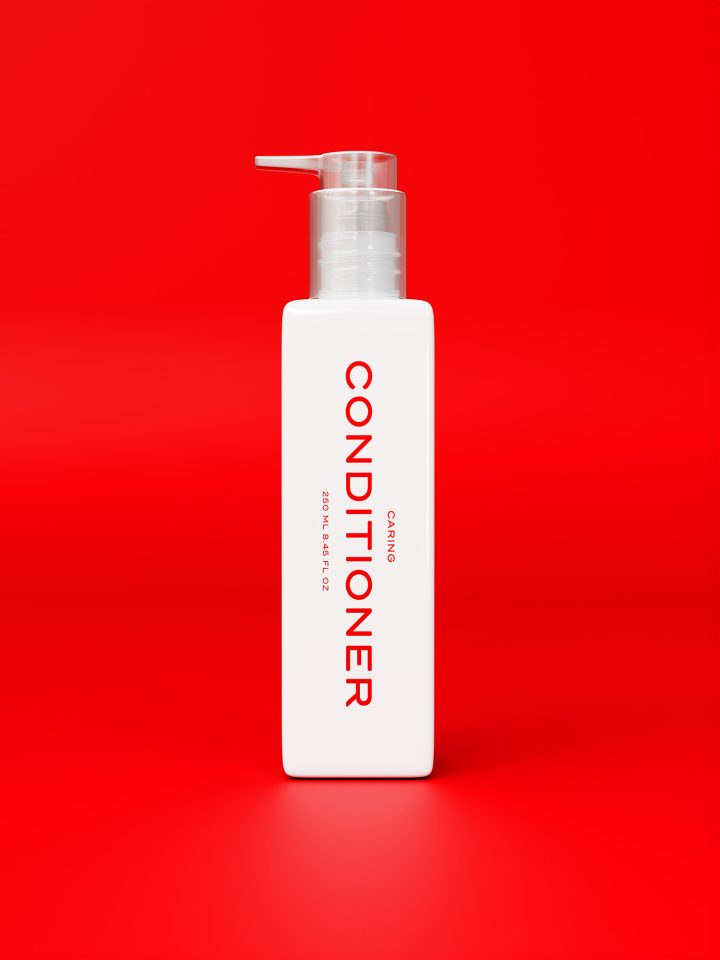
Caring Balsam Skonsamt sulfatfritt återfuktande balsam 26,00 € — available on subscription from Var 7:e vecka
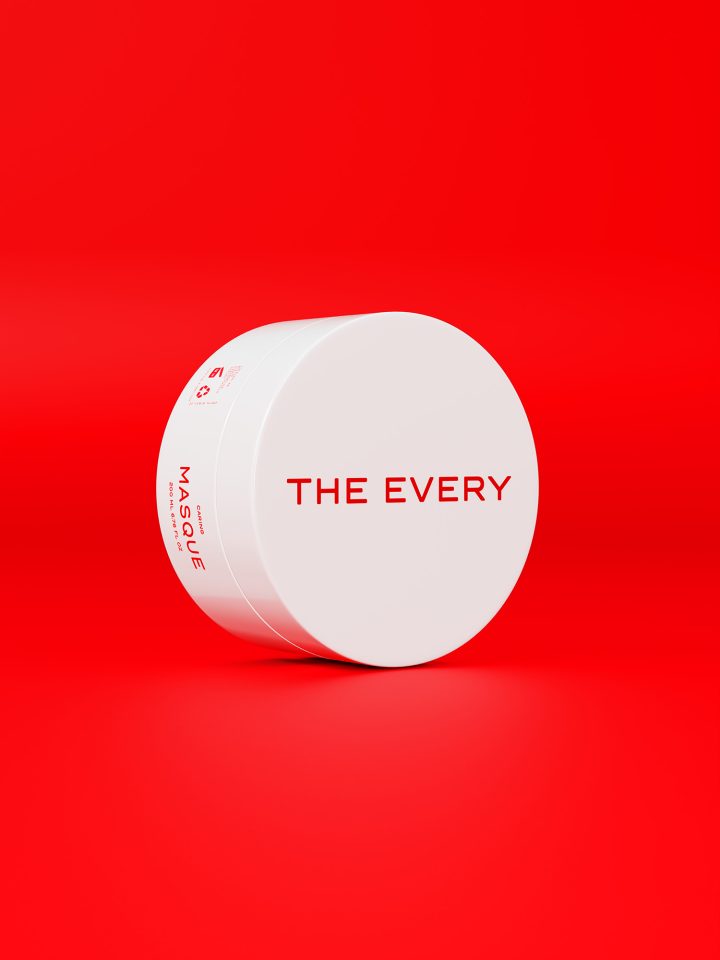
Caring Hårmask Intensivt vårdande hårmask med sheasmör 35,00 € — available on subscription from Var 10:e vecka
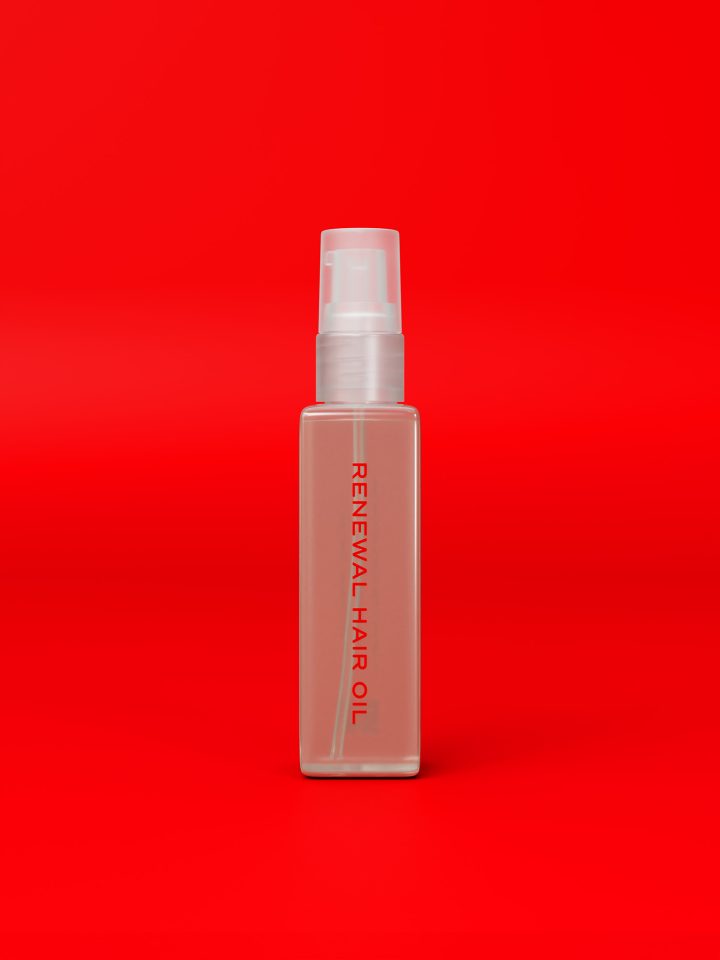
Renewal Hair Oil Näringsgivande & glansgivande hårolja 45,00 € — available on subscription from Var 7:e vecka
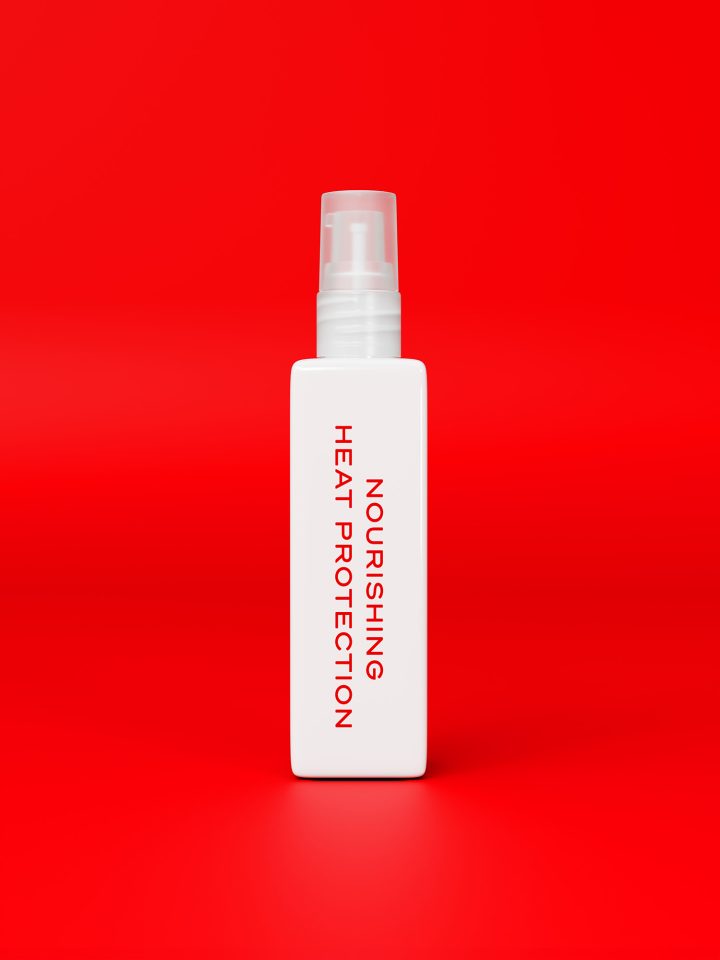
Nourishing Värmeskydd Ultra-skyddande, vårdande leave-in kräm 27,00 € — available on subscription from Var 7:e vecka
